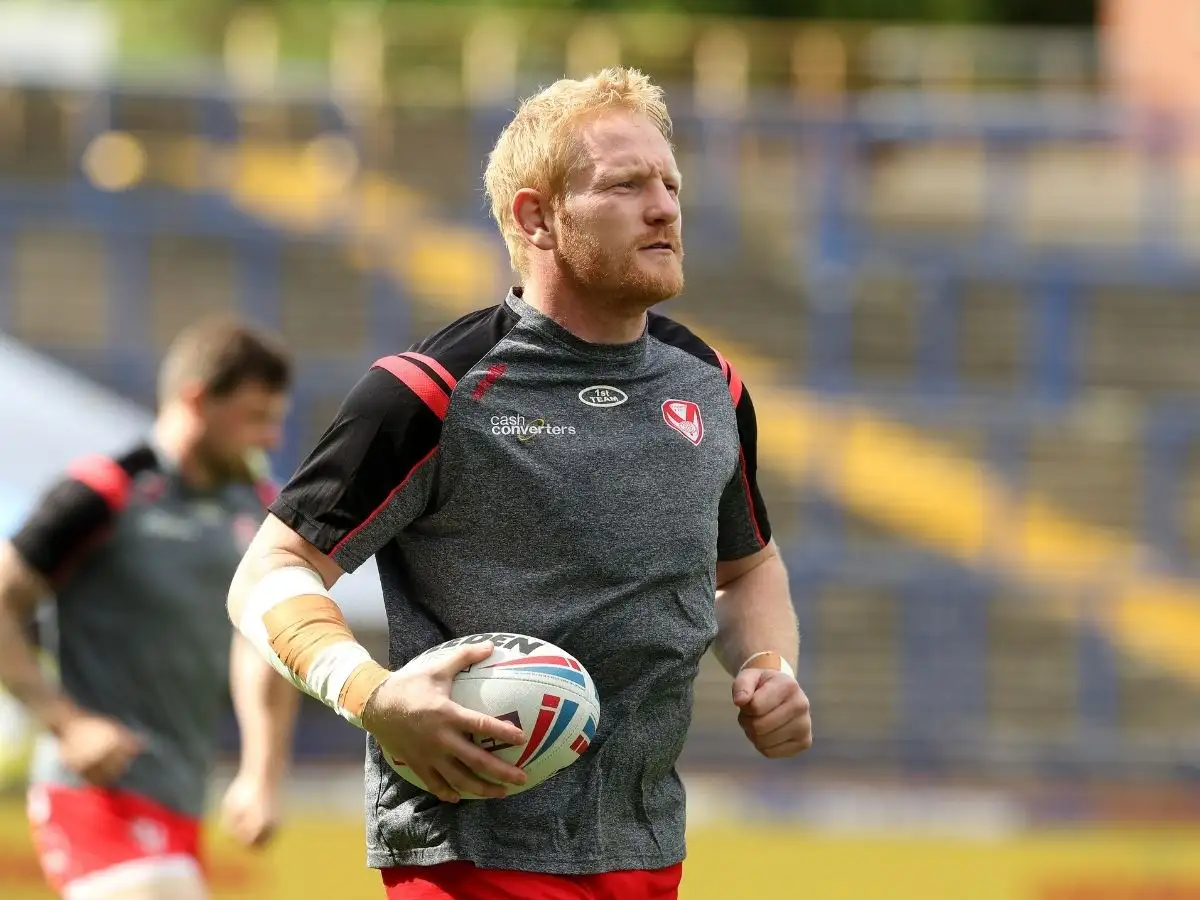James Graham says rugby league must be made safer as he reveals doctor worries over brain scan

James Graham says doctors are concerned by “dark spots” which have shown up on a recent brain scan, believed to be the result of repeated head trauma.
Graham, 37, suffered more than 100 concussions and 18,000 collisions during his career and has undergone a series of tests since his retirement.
The former St Helens, Canterbury and St George-Illawarra prop says he had performed well on a neuro-psychological exam, but a new MRI scan has been less positive.
He told PA: “The MRI scan of the brain shows some dark spots on there, which are of concern to my doctor and my neurologist.
“And then also there’s an area of the brain that the volume is in the bottom three percentile of where it should be, which they believe is likely linked to repetitive head trauma.
“People ask, ‘are you nervous, are you worried?’ No. I’d rather know. I don’t want to plead ignorance throughout this whole process. I’m not naive enough to think that the game that I played, in the way I played it, I’m not going to pay a price for that.
“So actually, for me to have this knowledge it gives me greater motivation in order to keep up with some of the changes that I’ve made in my life. I try and stack the odds in my favour for better future health outcomes.”
Graham is not part of the group of former players who are suing the RFL for negligence relating to head injuries.
The Liverpudlian has previously stated his intention to donate his brain for scientific research when he dies.
Make rugby league safer
James Graham has long campaigned to make his sport safer.
He believes collisions in children’s grassroots rugby must be carefully policed, former players should be given the tools to be able to keep track of their brain health and that current players must be protected – in some instances from themselves.
He added: “It’s clear we have to act.
“There are a number of recommendations out there in order to try and reduce that risk (of developing neurodegenerative disease). I don’t think you’ll ever be able to reduce that down to the national average.
“However, I will say this about the benefit of sport – the evidence on that is crystal-clear, not only for the individual, but the community and society in general as a whole. So, make no mistake, sport is good, but it needs to be safer.
“Current players are highly-motivated athletes that are willing to do, by their own admission, almost anything in the pursuit of victory.
“I don’t have any regrets about the way I played. I was a product of my environment. It used to be worn as a badge of honour to be concussed or knocked out and get up and carry on.
“It was (seen as) courageous, brave, tough, all the attributes of the warrior-style mentality, continuing on and not wanting to leave the field under any circumstances. I think there needs to be a culture shift and environmental shift.”
READ NEXT: Players’ legal claim against RFL has 53 allegations